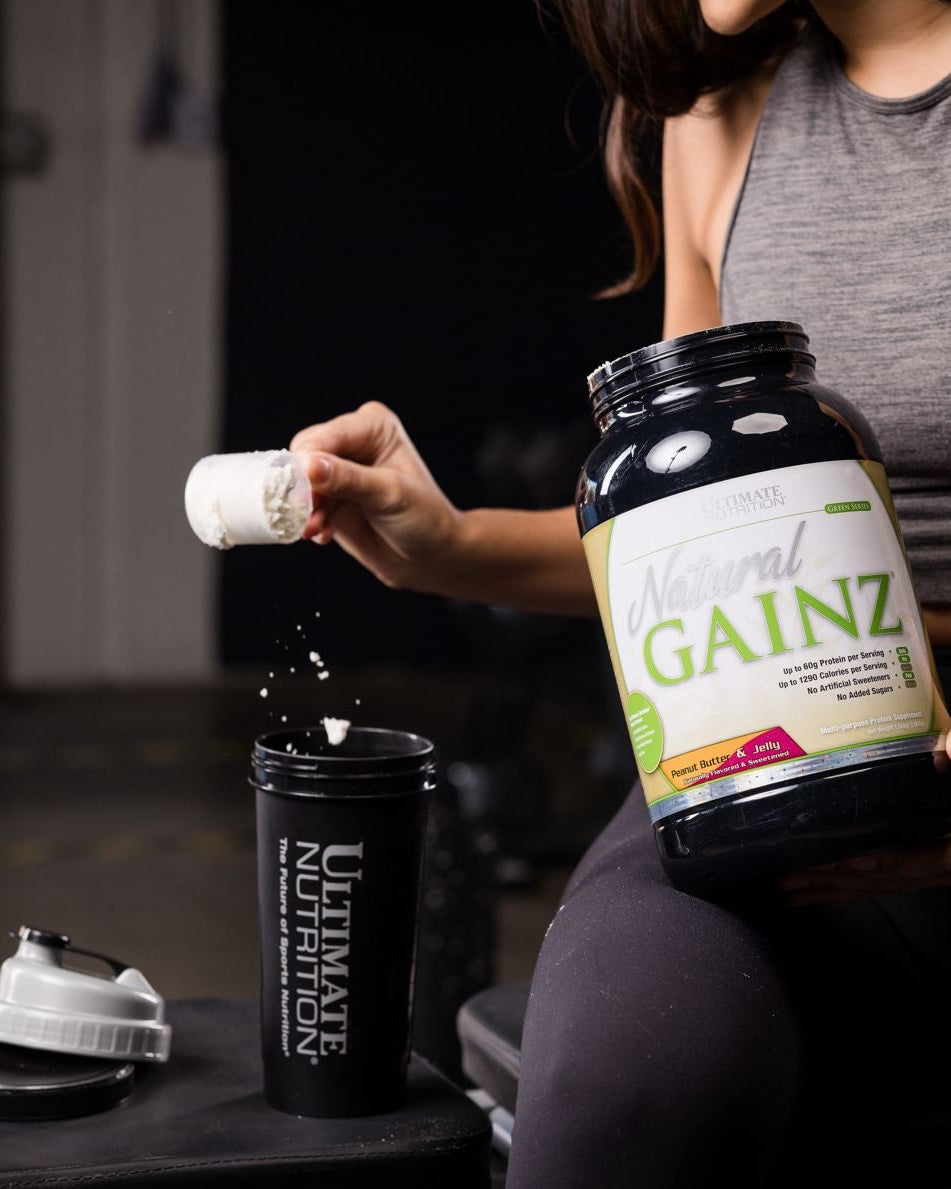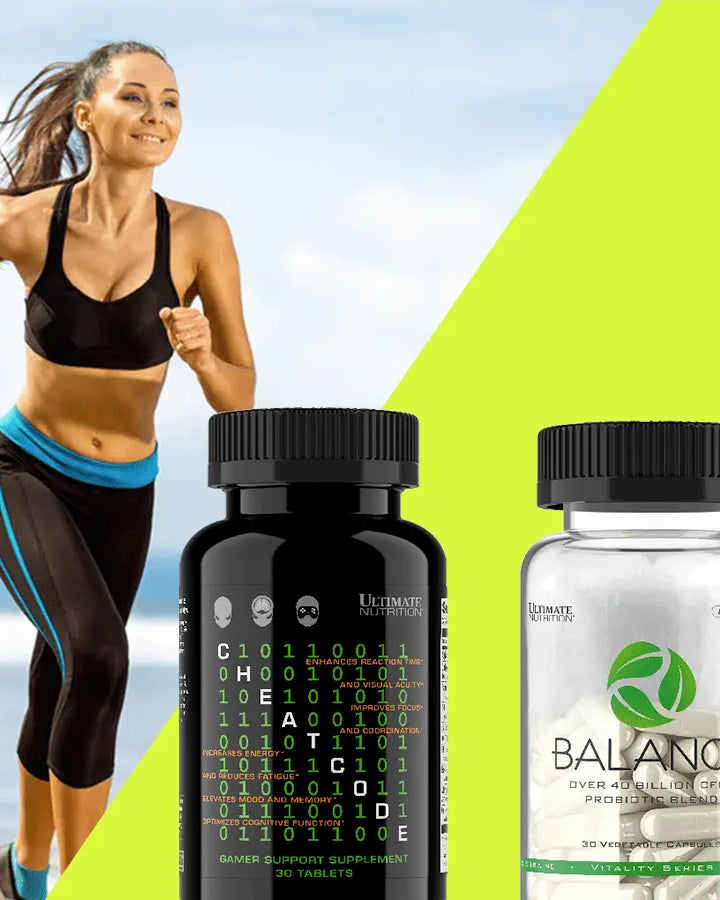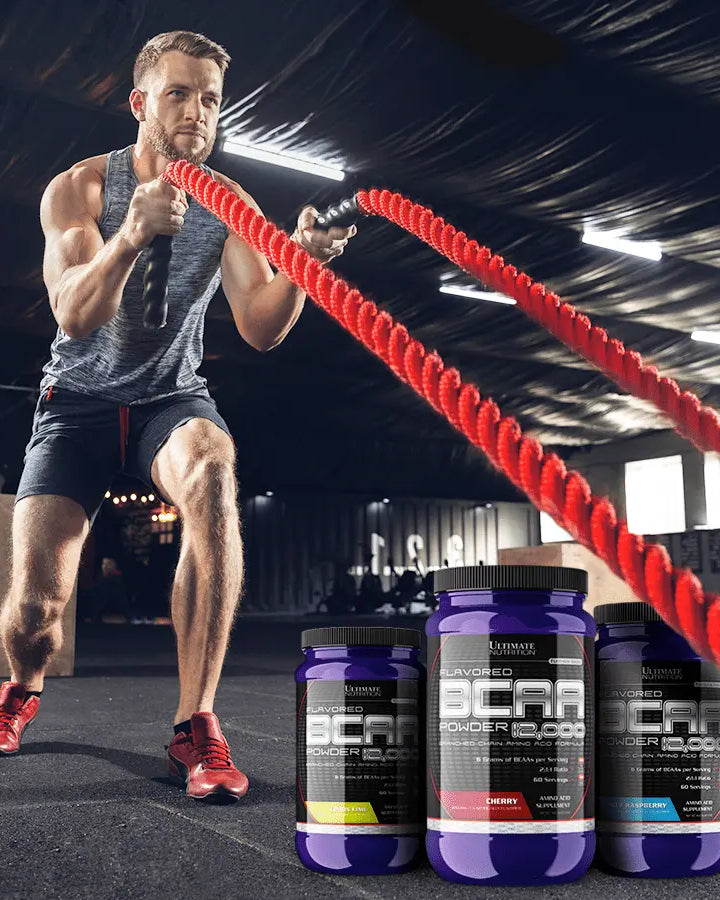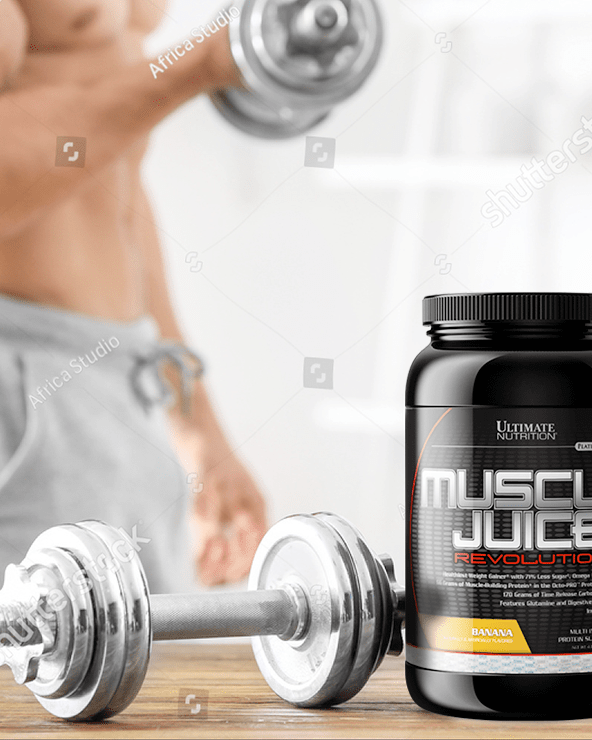While probiotics and prebiotics sound the same, they encompass vastly different elements of your health. Though we hear the terms often, the distinction may need to be clarified.
Simply put, probiotics are bacteria, and prebiotics is food for that bacteria. Both are beneficial for the body and are essential in understanding your gut.
This article will explore the distinction between probiotics and prebiotics and how both help your digestive system.
Breaking Down Probiotics vs. Prebiotics
Probiotics and prebiotics are beneficial to the body but have separate roles.
Before we clarify, it’s vital to know the meaning of “good bacteria.” Though the word bacteria may bring negative images to mind, good bacteria provide many benefits for the body. These live bacteria and yeasts aid your digestive health by protecting you from harmful bacteria and fungi.
Good bacteria (like probiotics) ease the digestive tract when facing digestive issues. Let’s explore these ideas.
What are Probiotics?
When talking about good bacteria, probiotics are the first on the list.
Probiotics are live bacteria pulled from certain foods or dietary supplements, adding to the beneficial bacteria in your gut. Probiotic foods and accessories will help the body through digestive issues.
Finding Probiotic Foods
Choosing what to feed your body is a balance. While a sugary snack may be appealing, sugars give precedent to harmful bacteria. On the other hand, eating probiotic food will support the good bacteria, often leading to health benefits.
Several probiotic foods offer good bacteria for your body.
- Yogurt
- Sauerkraut
- Miso Soup
- Kimchi
- Kombucha Tea
- Pickled Vegetables
While you can’t make a diet out of purely probiotic foods, working these into your diet can often lead to long-term digestive health. Keep in mind foods must be unpasteurized to contain probiotics.

What are Prebiotics?
Bacteria need to eat to fuel up. That’s where prebiotics come in. Prebiotics are foods that probiotics eat to aid their processes.
Your body can’t handle all the food it consumes. Probiotics are carbs the body can’t break down. Instead, they travel to the lower digestive tract, serving as a meal to healthy bacteria. Prebiotics allow your gut bacteria to create more nutrients for colon cells, all-in-all creating a healthy digestive system.
Finding Prebiotic Foods
You won’t have to search far and wide for prebiotics. These carbs appear in many everyday foods and grains.
Explore this list of prebiotic foods.
- Bananas
- Apples
- Berries
- Dandelion Greens
- Chicory Root
- Garlic
- Onions
Keep track of your diet to ensure you’re consuming enough prebiotics. Nutritionists recommend consuming 3-5 grams of prebiotics daily to serve your body best.
Benefits of Probiotics and Prebiotics
Between probiotics and prebiotics, neither is better than the other. Both are intertwined elements, working together to aid your immune system. Luckily, the pairing offers several health benefits.
When harmful bacteria outweigh good, the body suffers. Probiotics add to the good bacteria in your body, keeping you healthy. Probiotics are often recommended for diarrhea – to slow or stop the effects – and other digestive issues, like irritable bowel syndrome and ulcerative colitis. However, at the time being, probiotics link to no help for Crohn’s Disease.
Benefits even extend outside the digestive system. Research finds that probiotics can lower bad cholesterol and blood pressure, boosting your heart and immune system. Further study finds that probiotics might even assist with weight loss.

Do Probiotic Supplements Work?
Probiotics don’t only come from foods. In fact, many probiotics are offered in supplemental form. These supplements come in many different ways.
- Drinks
- Capsules or pills
- Liquids
- Powders
Due to their benefits, probiotic supplements are some of the most popular supplements. The reason is apparent: probiotics help keep the body on a solid track.
Of course, probiotic supplements mix well with prebiotic supplements. When taken together, the combination is termed “synbiotic.”
Side Effects of too Many Probiotics
Taking a new supplement is often intimidating, especially when the word bacteria is involved. With over 50 trillion bacteria in your gut, the body is used to all sorts of bacteria.
Of course, it’s never wise to go above the recommended portion. Follow the guidelines to ensure you’re getting the right amount of probiotics.
If the dose is too high, you may experience potential side effects. Possible consequences of supplements include bloating, gas, nausea, or diarrhea. These responses are often expected and a sign that your gut flora is rebalancing. If symptoms persist, consider lowering your dose.
Get Your Prebiotic Fill With Ultimate Nutrition
Probiotics and prebiotics are interlinked means of keeping your digestive system strong. While prebiotics feeds healthy bacteria, probiotics provide help your body maintain beneficial microorganisms. Both elements work in tandem for high-quality health.
At Ultimate Nutrition, we pride ourselves on providing nutritious supplements to boost health.
Our Balance Probiotic is a low-cost way of pairing your body with the probiotics it needs. With nine probiotic strains and a 235mg Probiotic blend, our supplements will help you address your digestive needs. Our Veggie Greens herb supplements offer a spread of probiotics and prebiotics, along with several additional sources of nutrition.
If you’re still looking, take a trip through our many supplements. From Amino 2000 to Beta-Alanine, we’ll have something for you. Are you looking to learn more? Our expert articles will keep you in the know about all things health.





















